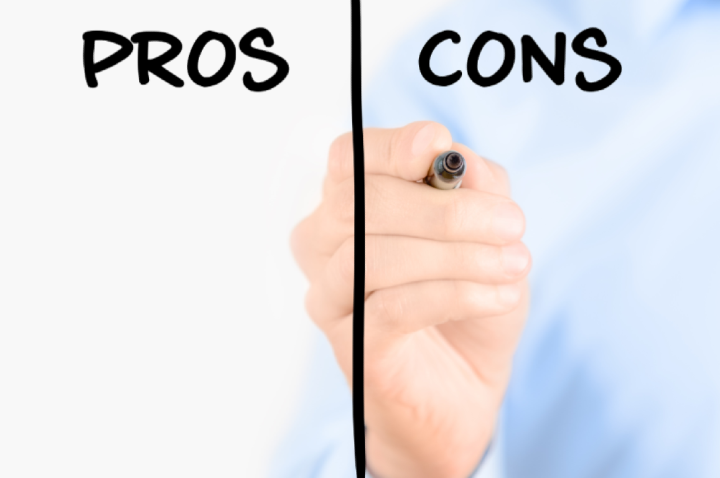What is rentvesting?
Rentvesting is a home-owning strategy where you rent a property to live in that’s right for your lifestyle, while you own an investment property that’s right for your budget.
As home prices in inner-city areas have gone up, this strategy is increasingly popular, especially among younger buyers.
Rentvesting has become a modern innovation for a reason, providing a foot in to the market to less experienced buyers.
Rentvesting has its pros and cons. It depends on numerous economic factors and market variables, but if the monthly differential between mortgage repayments and rent payments is high, it will likely make good financial sense for anyone who wants to buy a home in an area that suits their budget while living in an area that suits their lifestyle.
Why choose rentvesting?
Rentvesting makes the most sense financially if the monthly differential between mortgage repayments and rent payments is high and is a good strategy for people who make a wide range of incomes. If your rent and your mortgage repayments are about the same cost in your preferred location, it is probably not the right strategy for you.
The types of people who might need rentvesting the most are young people who find the costs of living in inner-city locations too high, families hoping to live in better locations and a property that better accommodates them, and single parents where the area is best for raising a family.
But rentvesting is not only for those who are struggling financially. Those looking to simply better their lifestyles could also reap the benefits of this strategy, since it can also help if you need to move a lot for your work; enjoy travelling for longer periods of time; prefer the flexibility that renting offers, which also cuts out buying and selling fees; and want to live closer to entertainment districts typically out of your price range or in pricier suburbs.
What are the benefits of Rentvesting?
Among the reasons rentvesting can be a good idea for you are:
Lifestyle. Some of the benefits of Rentvesting are you get to live where you want; you’re not restricted to where you can only afford. It is also a major pro with regards to where you are in your life, local amenities, budget considerations, and safety and security.
Wealth building. Rentvesting will likely make your money work better for you and for your future, since your borrowing power will grow and you will save on higher mortgage repayments. All of this helps you to build up for your retirement nest egg.
Cost savings. As a tenant, you aren’t responsible for any maintenance costs caused by natural wear and tear and added costs like council and utility services, plus possible body corporate fees, and so on. Landlords also have to pay upfront for Lenders Mortgage Insurance and stamp duty. While you would also have to pay these expenses being a landlord yourself, they are usually tax deductible.
Whare are some cons of Rentvesting?
Among the reasons why rentvesting can be a bad idea for you are:
Losing capital gains tax exemption: If you sell your home for a profit, your principal place of residence will carry a full exemption of any capital gains tax liability. Typically, if sold for a profit, rental properties are subject to capital gains tax.
No access to First Home Owners Grant.Rentvestors aren’t able to access the First Home Owners Grant, which is available for certain first-time, new home buyers who will occupy their property for the first year. Rules vary depending on the state or territory.
Emotional cost. Most Australians want to purchase a property and make their own memories in the home. By renting, you never fully own the home and have the added pressure of being a landlord to someone else who lives in your property.
Less control. Whilst being a tenant is great and you get some benefits, there’s also downsides to that. You may need to make the property you’re renting available for things like open for inspections. You may even need to vacate the property if the landlord decides to sell, sometimes two or three times, which can be really inconvenient.
What to consider before Rentvesting
Some of the things to consider before Rentvesting is what’s important to you. If lifestyle is important, then Rentvesting may be for you. You may want to sacrifice and move further out, that’s up to you.
Can rentvesting grow your wealth?
Yes. Purchasing a home, whether or not you reside there, is always better than consistently paying dead rent money and not doing anything. Rentvesting can grow your wealth if the monthly differential between mortgage repayments and rent payments is high. While there are numerous economic factors and market variables that will also have an impact on the amount of money you are likely to make.

